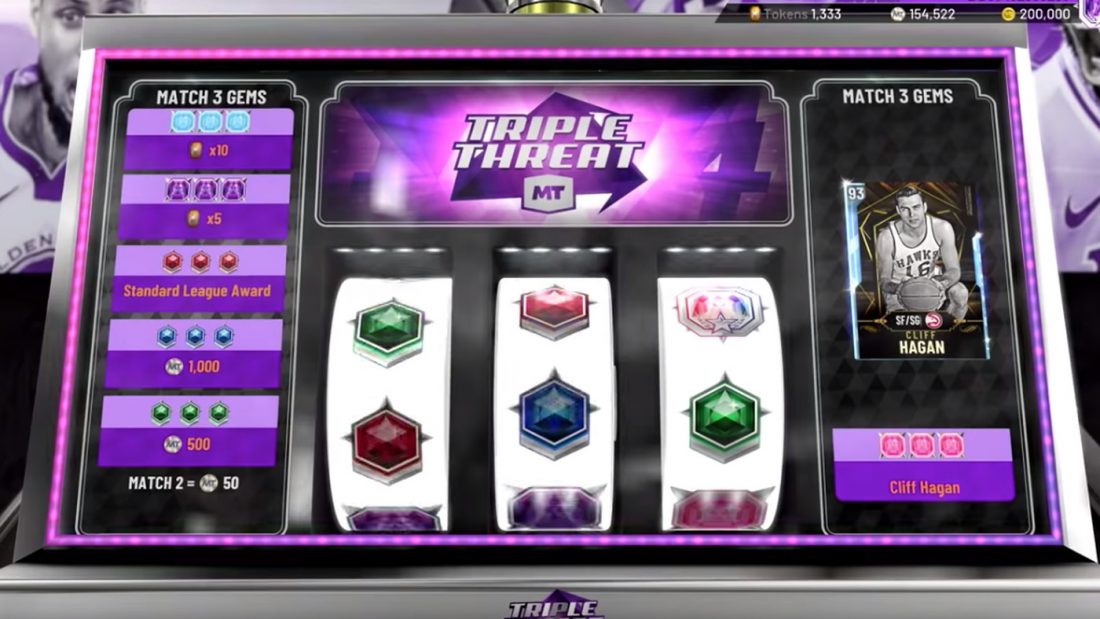
Does playing video games influence the way people think about gambling?
The covid-19 pandemic has been an ongoing presence for approximately a year; it has caused massive disruption to daily lives on a previously unimagined scale with many countries having imposed restrictions on movement and social contact, negatively impacting many businesses across all sectors, particularly those proving leisure and recreation services. The increased amount of time spent at home, however, has meant that certain businesses have benefitted, notably those providing digital content such as online video streaming sites. The pandemic has also served to increase the appeal and importance of digital gaming; games have been used not only for recreation, but also for education and as a means of maintaining social contact.
Some observers have raised concerns about the potential for problematic consumption patterns to become embedded as a result of increased time spent consuming digital media such as games. Given the ongoing convergence between gaming and gambling, such concerns take on an added importance. Video game-related gambling is often associated with esports, for example sportsbook-style betting on the outcome of matches and tournaments. In addition, contemporary digital games often include chance-based mechanics which have led to concerns about the promotion of gambling and gambling-like behaviours. The most contentious example of which are loot boxes, which have been likened to scratch cards and slot machines, and have been associated with problematic gambling behaviours (Macey & Hamari, 2019; Zendle & Cairns, 2018). Truly novel forms of gambling have also emerged from the video game community, ones such as crash betting which have no analogues in established forms.
The cognitive processes of humans utilise heuristics as a means of optimising decision-making, particularly those situations in which information is unknown or are otherwise constrained (Tversky & Kahneman, 1974). These heuristics are, in essence, cognitive short cuts but they are not always beneficial as they can lead to erroneous beliefs, or cognitive biases. Such maladapted beliefs have been found to contribute to a range of behavioural problems and addictive behaviours, including problematic gambling. Researchers have theorised that the combination of skill-based video gaming and chance-based gambling may result in cognitions which differ from those endorsed by non-gaming gamblers. For example, the role of skill development in video game play may serve to reduce superstitious beliefs, such as the influence of a “lucky” colour, or routine.
“GamCog: Adapting the Gambling Related Cognitions Scale (GRCS) for video game-related gambling” (Macey and Hamari, 2020) aimed to examine the suitability of an extant measure (the GRCS) for use with those video gamers who gamble. The GRCS was found to be unsuitable for use in this population and, as such, a new measure was developed: GamCog. Perceptions of skill and luck were found to be the principle factors which accounted for the GRCS’s lack of suitability for the sample population. Therefore, it seems that an interest in video games and esports is associated with the development of cognitive biases which differ from the non-gaming population. With these facts in mind, the GamCog scale was formulated for use in the target population, incorporating items both from existing measures and those theorised by researchers in the field but not previously tested.
Reference: Macey, J., & Hamari, J. (2020). GamCog: A measurement instrument for miscognitions related to gamblification, gambling, and video gaming. Psychology of Addictive Behaviors, 34(1), 242–256. https://doi.org/10.1037/adb0000526
See the paper for full details:
Abstract
“Gamblification” is a rapidly emerging form of media convergence between the more chance-based activity of gambling and the more skill-based activity of (video) gaming, for example in the competitive video gaming known as esports. The marriage of video gaming and gambling has been theorized as bringing about new forms of gambling-related cognitive processes in individuals and affecting the ways in which they approach and evaluate gambling situations. As such, a pertinent research problem is whether existing measurement instruments designed to identify gambling related cognitions can be employed in this new context and population, and if not, how they can be adapted. Therefore, in this study, we investigate the psychometric properties of Gambling Related Cognitions Scale (GRCS) and a series of items developed following a review of existing literature. We employ 3 separate data sets gathered from video game players who also gamble (N = 442; 391; and 335). The results indicate that the GRCS is not a robust measure to use for video game players who gamble; the new GamCog measure was, therefore, developed to address this gap. The study implies that the most significant cognitive differences between video game players and the wider population are the ways in which concepts of skill and luck are perceived, potentially due to the sense of personal agency engendered by video games. (APA PsycInfo Database Record (c) 2020 APA, all rights reserved)
References
Macey, J., & Hamari, J. (2018). Investigating relationships between video gaming, spectating esports, and gambling. Computers in Human Behavior, 80, 344-353.
Macey, J., & Hamari, J. (2020). GamCog: A measurement instrument for miscognitions related to gamblification, gambling, and video gaming. Psychology of Addictive Behaviors, 34(1), 242.
Tversky, A., & Kahneman, D. (1974). Judgment under uncertainty: Heuristics and biases. science, 185(4157), 1124-1131.
Zendle, D., & Cairns, P. (2018). Video game loot boxes are linked to problem gambling: Results of a large-scale survey. PloS one, 13(11), e0206767.




Sorry, the comment form is closed at this time.